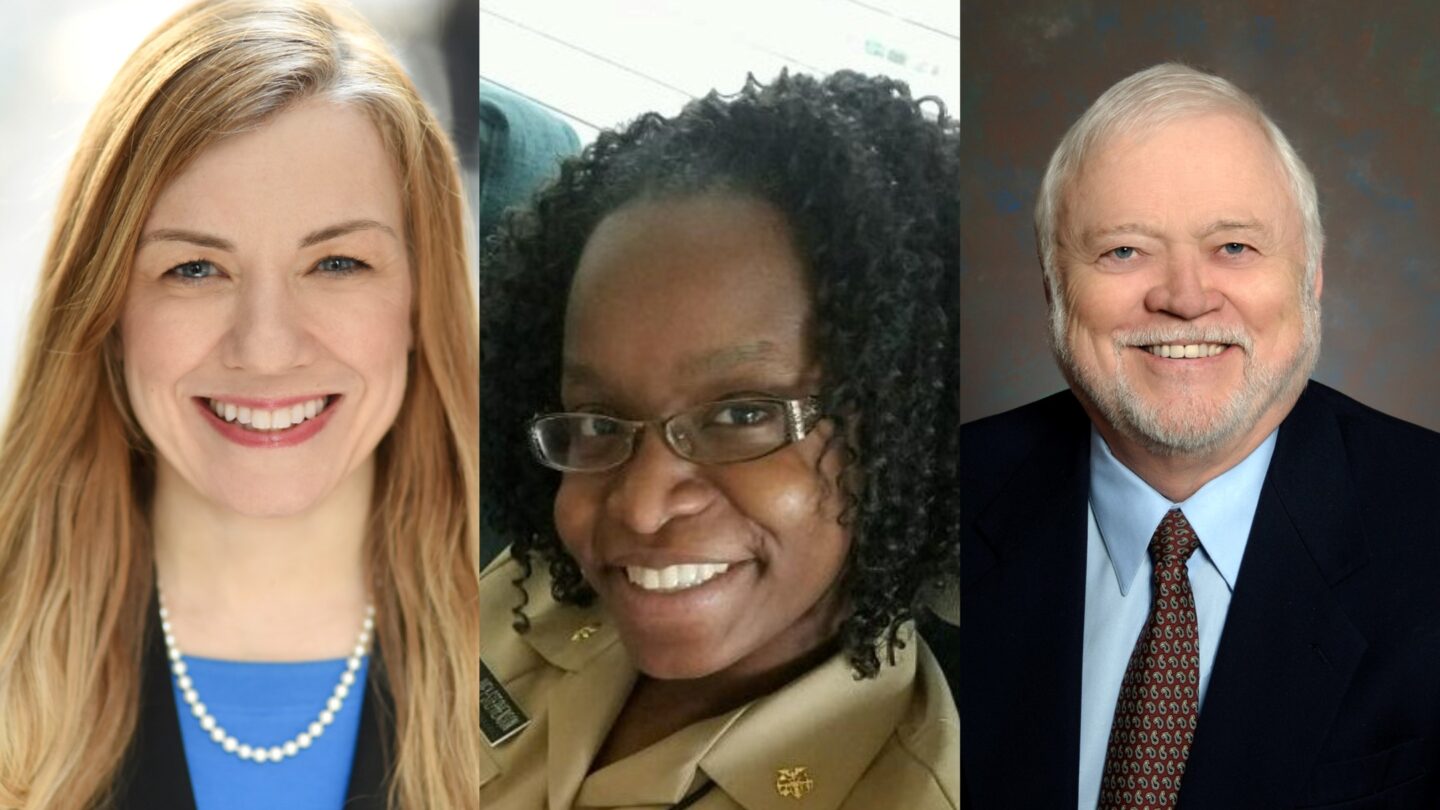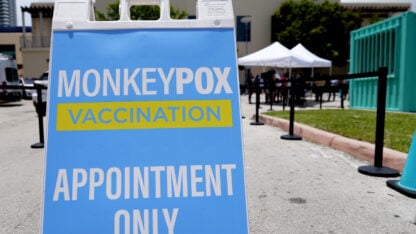Suicide prevention experts discuss suicide awareness, prevention and resources

According to the Centers for Disease Control and Prevention, suicide is a leading cause of death in the U.S.
Data suggests that in 2020 roughly 46,000 people died by suicide.
Tuesday’s special edition of “Closer Look” focused on suicide prevention. Rose Scott spoke with three leading experts about the complexities of suicide, warning signs and how to advocate for suicide prevention.
First, Rose talked with Dr. Asha Ivey-Stephenson, a behavioral scientist and epidemiologist with the Centers for Disease Control and Prevention and a lieutenant commander in the U.S. Public Health Service Commissioned Corps.
Ivey-Stephenson discussed the CDC’s strategic plan to reduce suicide and stressed that everyone has a role to play in suicide prevention.
“Suicide is preventable,” said Ivey-Stephenson. “Prevention is possible.”
The discussion continued with Dr. Paul Quinnett, a clinical psychologist and the president and CEO of the QPR Institute, an educational organization dedicated to preventing suicide. Dr. Quinnett discussed OPR’s suicide prevention training program. He also talked about suicidal ideation and the importance of understanding and recognizing the coded language of someone who is suicidal.
“We’ve had a terrible prejudice against people thinking about suicide and people who have died by suicide,” said Quinnett. “It’s a long historical perspective. We have to overcome these basic fears and trepidation about intervening with somebody we care about. “
Lastly, Dr. Doreen Marshall, the vice president of the American Foundation for Suicide Prevention, discussed a nationwide initiative to reduce the annual suicide rate in the U.S. by 20 % by 2025.
“We gotta go beyond just dealing with a crisis and really find ways to help people,” explained Marshall.
Additional suicide prevention resources:
- The 988 Suicide & Crisis Lifeline
- Suicide prevention resources for diverse communities and the LGBTQ community
- Seize the Awkward, a joint effort from the American Foundation for Suicide Prevention (AFSP) and The Jed Foundation (JED) in collaboration with the Ad Council promotes mental wellness to reduce the risk and rate of suicide among young adults
- Preventing Self-harm in Teens: A Guide for Appropriate Intervention








